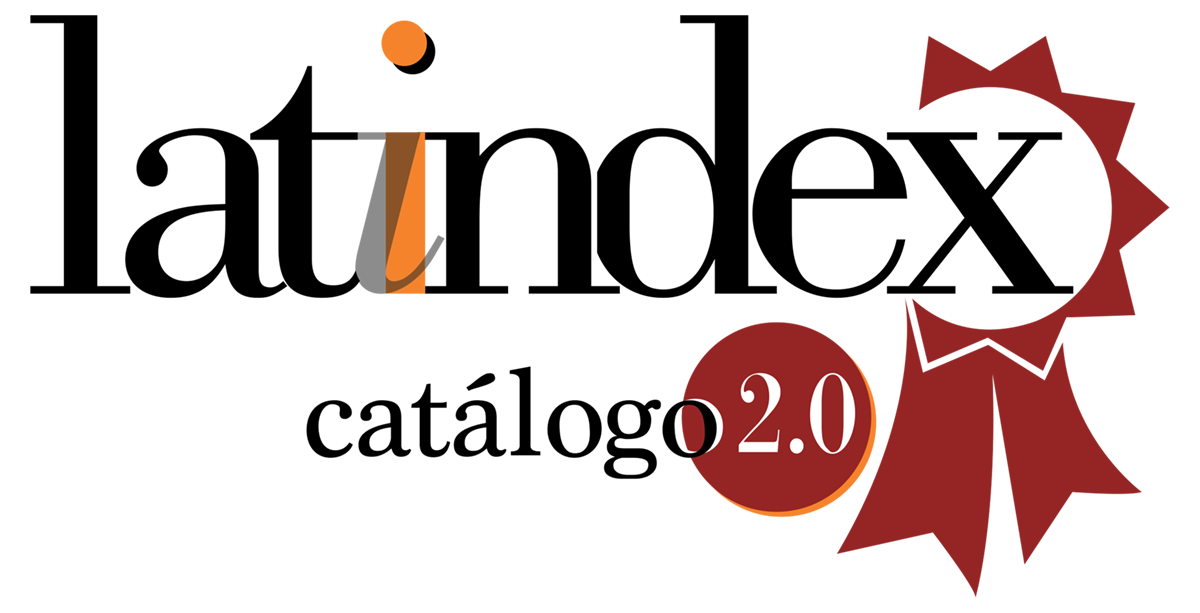Ética de publicación
Ethical Statement to Guide the Conduct of Editors, Authors, and Reviewers
Editorial Independence
First, Erevna Research Reports embraces editorial independence as a fundamental principle. This means that editorial decisions are made autonomously, based solely on scientific criteria and free from political or financial influences, as well as pressures from interest groups or specific scientific communities.
Non-Discrimination
The publisher is committed to maintaining an editorial process based on the scientific merit of the content, without any form of discrimination (ethnic, political, gender, economic, institutional, among others). Furthermore, it is dedicated to promoting accessibility, diversity, equity, and inclusion in all aspects of publication.
Integrity and Honesty
Integrity, transparency, and objectivity are the basic principles guiding all of Erevna Research Reports' editorial processes—from the selection of works to peer review and the dissemination of results. These principles ensure trust and credibility in the scientific publication process. Therefore, it is established that:
- Authors must present their work honestly, providing truthful information about the research conducted and the results obtained.
- Peer review must be conducted fairly and objectively, ensuring that reviewers assess the work impartially based on predefined criteria of scientific quality.
- Editors are responsible for ensuring that all works accepted for publication are evaluated solely on the academic quality and originality of the work, free from external influences, favoritism, or personal or institutional interests. This includes managing any potential conflicts of interest among authors, reviewers, or editors.
- The outcomes of editorial processes—including editorial decisions and reviewer comments—must be communicated clearly and transparently, providing constructive feedback and justification for the decisions made.
Originality and Plagiarism
Authors are expected to submit original and unpublished work that has not been previously published or is under consideration for publication by another publisher. This includes refraining from submitting preprints or working papers that have already been published online or in an open-access repository. Additionally, it is the responsibility of the authors to properly cite previous work and provide bibliographic references. Any form of plagiarism, including self-plagiarism, is considered unacceptable.
Erevna Research Reports has established a plagiarism detection policy to ensure that authors comply with ethical standards and to guarantee transparency in the publication process. As part of this commitment, editors are responsible for using appropriate tools to detect plagiarism and, upon identifying any infringement, taking the corresponding measures.
Authorship and Contribution
Each author listed on a work must have made substantial and significant contributions. This implies that the authors participated in the conception, design, data collection, and analysis, as well as in drafting and critically revising the work. Editors must ensure that all authors agree with the submission of the work and its publication.
Confidentiality
Editors and reviewers are obligated to maintain the confidentiality of manuscripts under review and to refrain from disclosing this information to third parties without authorization, as well as from using it for personal gain or to unduly influence editorial decisions.
Review Ethics
Reviewers are responsible for conducting fair, constructive, and objective evaluations of the works assigned to them. It is crucial that they assess the academic quality and originality of the work, as well as its relevance and contribution to the field. Reviewers should avoid personal bias or discrimination in their assessments and provide clear, useful, and respectful feedback to help improve the work.
Correction and Retraction
If it is discovered that a published work contains inaccurate or misleading information, editors are responsible for taking fair and transparent measures to correct the academic record. This may involve publishing corrections, expressions of concern, or formal retractions as appropriate.
Declaration of Conflicts of Interest
Authors, reviewers, and editors must disclose any conflicts of interest that may influence the editorial process or the interpretation of results. This may include financial, personal, or institutional relationships that could bias judgment or create the perception of bias.
Respect for Research Subjects
If the research involves human subjects, authors must declare that they have complied with ethical standards in conducting their research. This includes protecting participants from any physical or emotional harm, respecting their privacy and confidentiality at all times, avoiding deception, ensuring agreement with the research purpose, and obtaining informed consent voluntarily and freely.
Use of Copyrighted Materials
Authors must ensure that they obtain the necessary permissions for the use of any material subject to intellectual property rights. This includes, but is not limited to, texts, images, graphics, tables, and any other content not originally created by them.
Authors are required to provide appropriate attribution to the owners of the copyrighted materials used in their publications, following established citation standards and guidelines.
In the case of photographs that include identifiable individuals, authors must obtain informed consent from those individuals before publication. They should refrain from publishing images that could compromise privacy or cause harm to the individuals involved.
COPE Guidelines for Addressing Research Misconduct
In the event that any allegations of misconduct related to an article published in Erevna Research Reports are brought to our attention, the guidelines established by COPE (Committee on Publication Ethics) or its equivalent will be followed. Such allegations will be addressed transparently and diligently, in line with our commitment to editorial integrity.
















